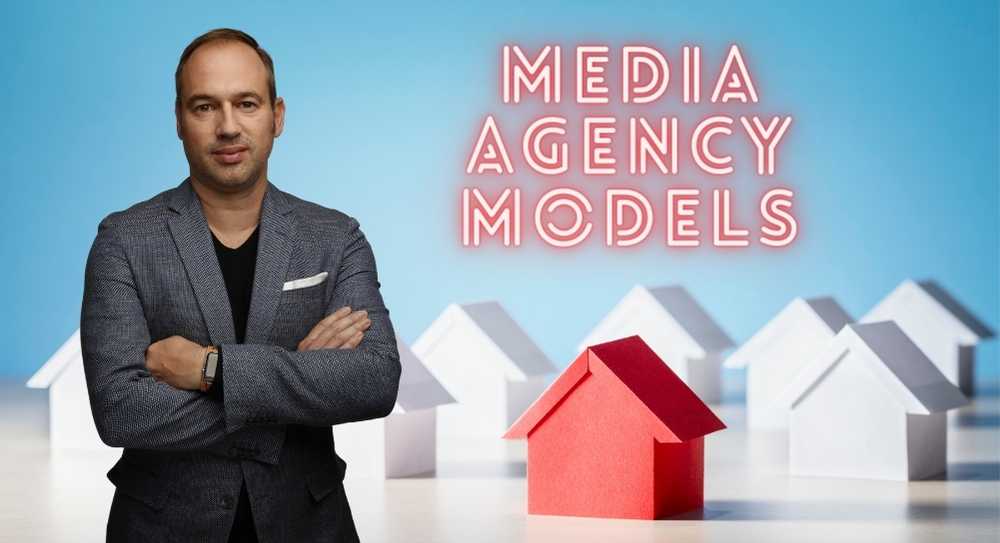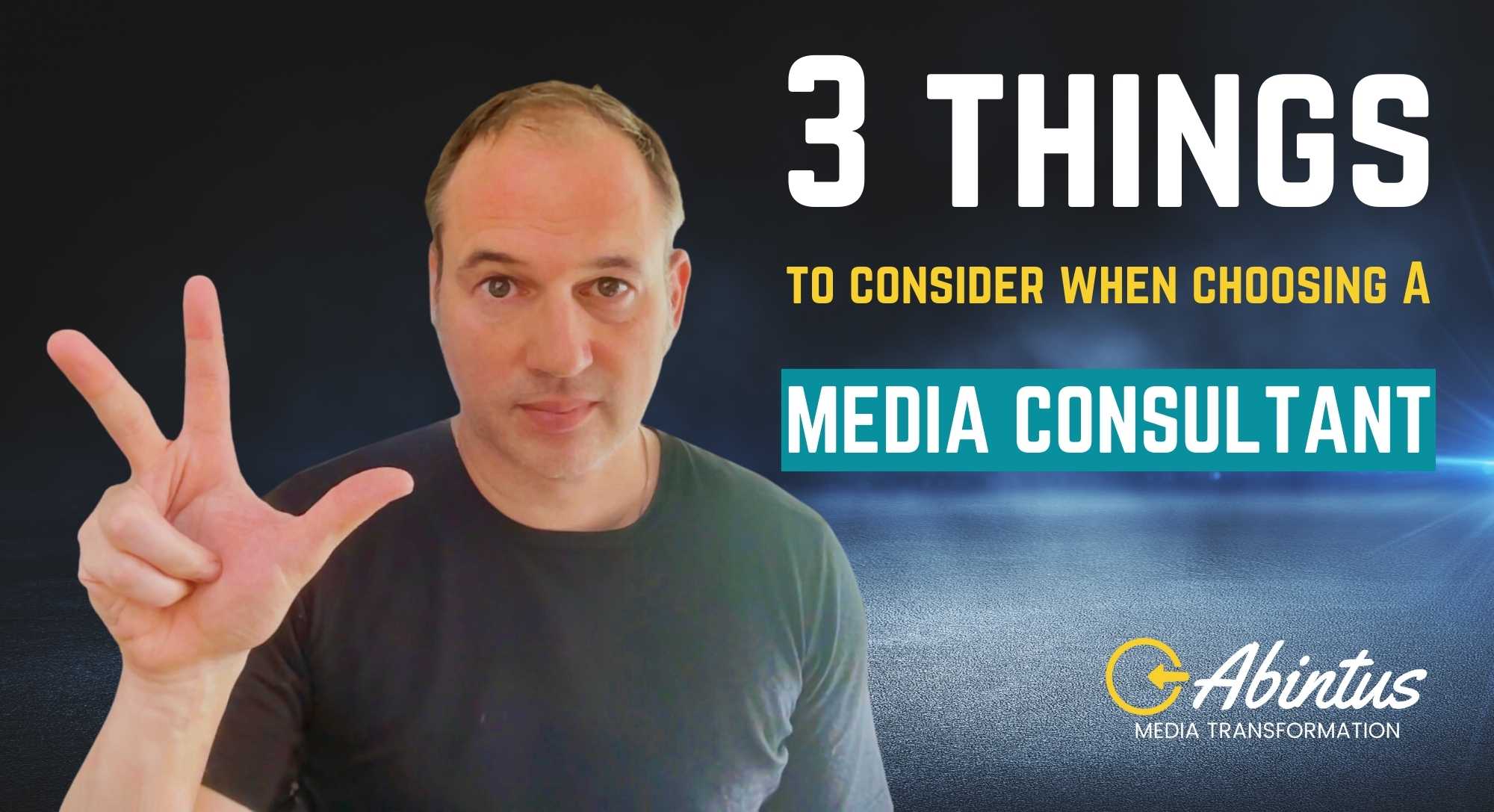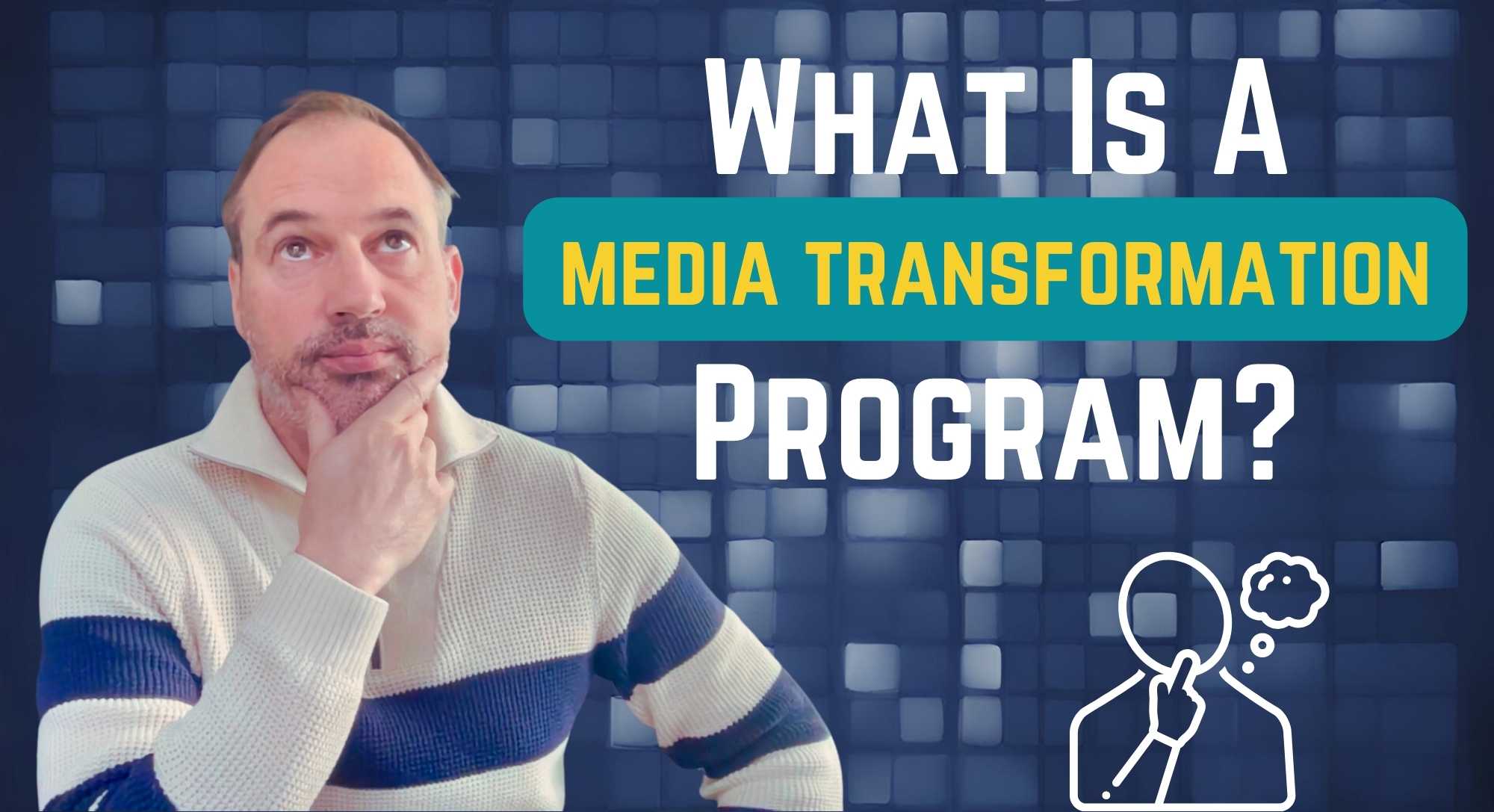Finding the correct media agency model is a tricky exercise for advertisers. While the allure of one agency covering all markets promises economies of scale and savings, the reality is often more complex. There's no one-size-fits-all solution, and blindly following competitors can lead astray due to varying organisational structures.
In the face of these challenges, it becomes crucial to prioritize due diligence. In this article, we will delve into the complexities of media agency models, providing advertisers with the necessary guidance to make well-informed decisions that align perfectly with their individual needs.
Exploring Different Media Agency Models
When it comes to finding the perfect media agency model, advertisers have a variety of options to consider. Each option comes with its own unique advantages and challenges to consider:
a) One Global Media Agency
Choosing a single global media agency allows for the consolidation of advertising efforts under one roof. This strategy is based on the belief that centralized management can bring about synergy, consistency, and cost-effectiveness. The central agency oversees strategies and campaigns across different markets, ensuring a cohesive brand image.
However, it is important to note that no media agency is equally strong in all markets, so it is possible that some markets may have to work with a sub-par performing agency, which could potentially cause internal friction.
b) Regional Media Agencies
For advertisers with regional hubs, the regional media agency model is a valuable approach. In this model, separate agencies cater to specific geographical areas, acknowledging the unique characteristics of each market and tailoring strategies accordingly. Regional agencies have extensive knowledge of local preferences, ensuring a more personalized and effective approach.
This approach is often considered a hybrid model, combining the strengths of both global and local frameworks. It is particularly suitable for advertisers undergoing organizational transformation, aiming to harness the benefits of a global structure while still allowing local markets to retain a degree of autonomy.
c) Local Media Agencies
On the other end of the spectrum, there is a model that brings together different local media agencies. This model allows advertisers to choose the top media agency in their local market and even consider independent media agencies that are not part of a global media group. The advantage here is clear - you can collaborate with the most talented individuals in each market.
However, working with multiple media agencies worldwide can bring about challenges like inconsistent reporting, fragmented data, and increased administrative workload. While each agency may excel in understanding their local market, the absence of a unified strategy can lead to diluted brand messaging and inefficient allocation of resources.
The Importance of Alignment Between Advertisers and Media Agencies
Alignment between advertisers and media agencies is a crucial concept that goes beyond mere buzzwords. It forms the foundation of a thriving partnership, akin to a finely-tuned orchestra that resonates harmoniously with the intended audience. When advertisers and media agencies are aligned, strategies, messages, and resources work together seamlessly, resulting in compelling campaigns and avoiding wastage of valuable resources.
On the other hand, when there is a lack of alignment, it can lead to a cascade of challenges. For example, if an advertiser's decentralized structure clashes with a globally-centralized agency model, it can result in inefficient media spend and disjointed advertising messages. This misalignment can have severe consequences, including the dissolution of the partnership and the erosion of trust and mutual benefit.
In the dynamic dance between advertisers and media agencies, alignment is not optional—it is the foundation that sets the rhythm and melody of successful advertising campaigns.
Advertiser Structures: Centrally-Led vs. Decentralised vs. Regional Hubs
Choosing the right media agency models requires careful navigation. Advertisers are faced with the decision between centralized leadership, decentralized structures, or the intriguing hybrid model. Let's explore the important factors that guide this critical decision-making process.
Centrally-Led Advertiser: A Case for a Single Media Agency Contract:
For advertisers who thrive under centralized leadership, supported by a dedicated team of media experts at headquarters, the single media agency contract is an enticing choice. This model creates a harmonious symphony, aligning strategies, enhancing communication, and maximizing the benefits of economies of scale.
Imagine a global FMCG brand, a powerhouse with a centralized media team. The single media agency contract ensures that advertising campaigns seamlessly harmonize across markets, strengthening brand identity and messaging.
Decentralised Advertiser: Navigating the Pitfalls of a Single Contract:
On the other hand, the decentralized advertiser faces a unique set of challenges. With limited media resources at headquarters, opting for a single media agency contract can be risky. It can overshadow the distinct insights and needs of local teams, leaving them grappling with unmet challenges.
Imagine a multinational corporation with diverse product lines and market ecosystems. A one-size-fits-all strategy would create a chaotic arrangement, making it difficult for local marketing teams to address their specific challenges.
Advertiser with Regional Hubs: The Hybrid Approach:
The regional media agency model is a valuable approach for advertisers with regional hubs. This model recognizes the unique characteristics of each market and tailors strategies accordingly by having separate agencies cater to specific geographical areas. Regional agencies possess extensive knowledge of local preferences, allowing for a more personalized and effective approach.
This approach is often considered a hybrid model as it combines the strengths of both global and local frameworks. It is particularly suitable for advertisers undergoing organizational transformation, seeking to leverage the benefits of a global structure while still granting local markets a certain degree of autonomy.
The First Step: Evaluating Your Media Management Resources
When embarking on the process of selecting the ideal media agency model, it is crucial to evaluate your current media management resources. Before entering into a media agency pitch process, this evaluation will provide valuable insights. Consider seeking an impartial assessment, possibly facilitated by a trusted third-party consultancy like Abintus, to shed light on your strengths and identify areas for improvement. This evaluation will serve as a guide towards establishing a seamless partnership.
Armed with insights from the evaluation, you can embark on the path of "Media Management Re-engineering." This phase involves more than just reorganizing internal processes; it requires a complete reimagining and alignment of your resources with the chosen media agency model. Alongside this reengineering journey, it is essential to provide training for your internal team. This training will serve as a bridge, connecting intention to execution, and empowering individuals with the necessary skills to navigate the complexities of managing media agency relationships.
Conclusion & Next Steps
The path to achieving optimal alignment between advertisers and media agencies requires strategic decision-making, careful evaluation, and a steadfast commitment to synchronization. While the idea of a one-size-fits-all solution may be appealing, the reality is much more nuanced.
As advertisers, you find yourselves at a critical juncture, faced with the choice between centralization, decentralization, or a hybrid model, each with significant implications. The truth is that there is no universal answer; the right path depends on your organizational structure, goals, and aspirations.
So, what's the next step? Embrace thoroughness and diligence. Evaluate your current media management resources, identify your strengths, and illuminate areas for growth. If necessary, seek an unbiased assessment and consider partnering with experts like Abintus to guide you on the right path. Armed with insights, embark on the process of "Media Management Re-engineering," refining your internal processes to mirror your chosen agency model.
Equip your internal team with the necessary skills to foster these partnerships. Training bridges the gap between intention and execution, transforming aspirations into tangible results. When each team member is equipped to navigate the complexities of media agency relationships, you create the foundation for a flourishing alliance.
At Abintus, we specialize in assisting advertisers in achieving optimal media agency partnerships. Our comprehensive approach combines impartial assessment, strategic re-engineering, and team training to unlock the full potential of your campaigns. Whether you are navigating centralization, decentralization, or a hybrid model, our team is here to support you on your journey towards advertising excellence.
Contact us today to embark on a transformative journey that will redefine your media agency relationships and elevate your advertising media performance.
Media Auditing Guide: Click Here
Media Agency Pitch Management Guide: Click Here
--------------------------------------------------------------------------------
Author Expertise and Experience:
Philippe Dominois is co-founder and CEO of Abintus Consulting, and Head Coach at the Abintus Academy. He has over 25 years of international media experience, having worked on the media agency side, client side, and media auditing side throughout his career. Philippe has authored hundreds of articles over the years that focus on media management best practices.



